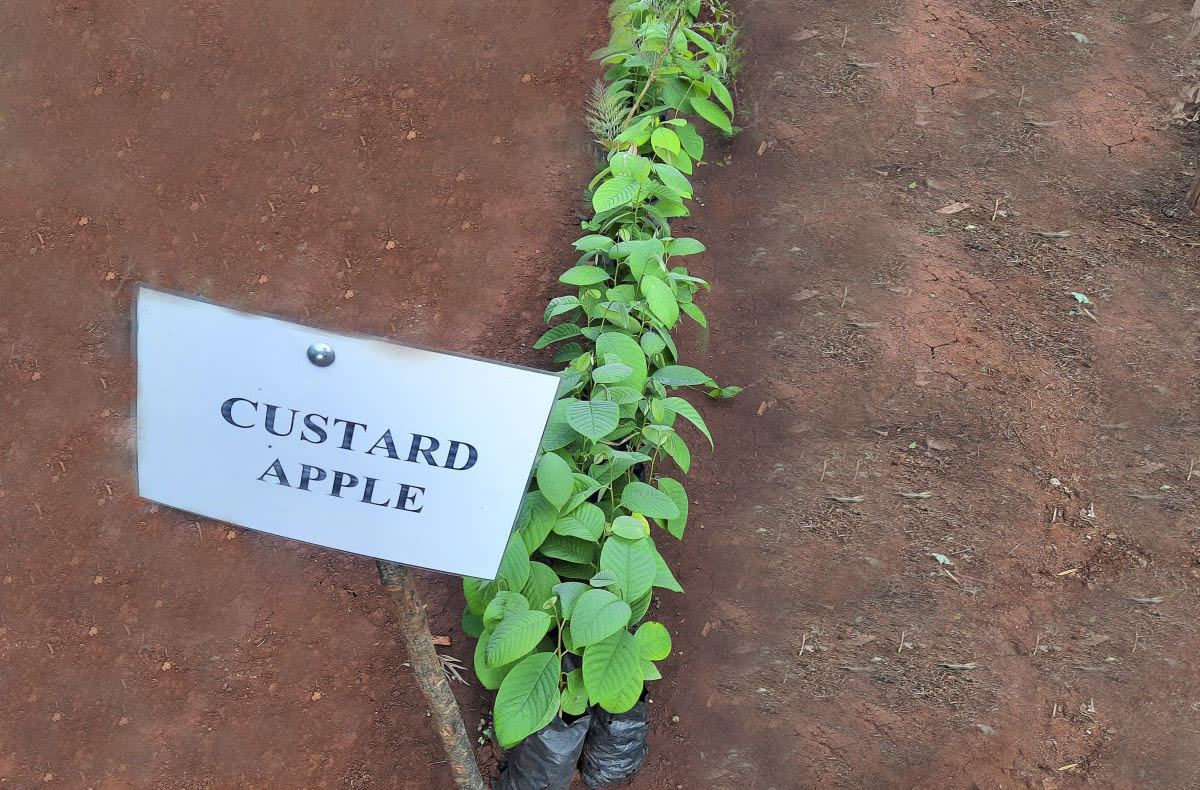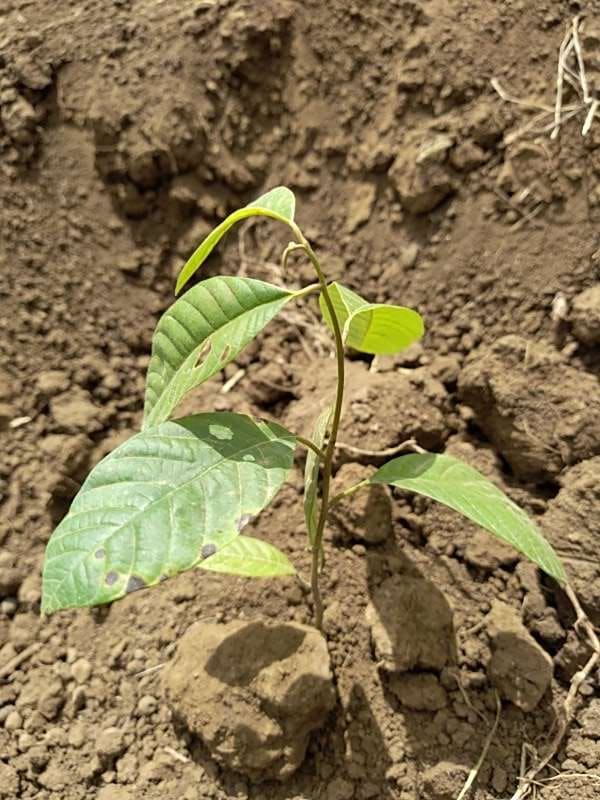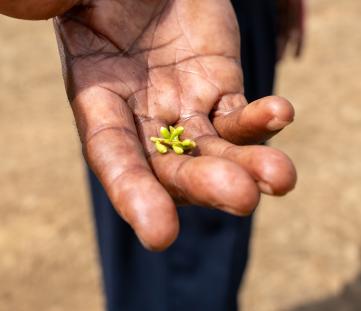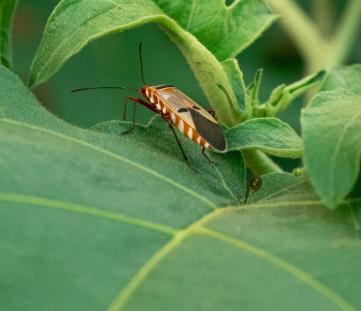ID: LEK-W4YX
ID: LEK-W4YX
Custard Apple
Annona reticulata
Photo
Tanzania
20:37 - 20°C
My connections
My ID card
Who am I?
Date of birth
12/22/2022
Name
Custard Apple
Tree
Custard Apple
Limited edition
Where am I located?
Country
Tanzania
Place of birth
Arusha
Coordinates
3° 24′ 33.78″ S
36° 32′ 33.21″ E
/36.54255766,-3.40938335,0/500x333@2x?access_token=pk.eyJ1IjoidG9tbWFzb3NwZXJvbmkiLCJhIjoiY2tnOTE3eW12MDJqazMybXNzOWV1YjloOSJ9.wtGsuDU7XIKjcv2cq8CiXw&logo=false&attribution=false)
My Timeline
The important moments in your tree's life.
Seed
It all starts with a tiny seed, nice and warm in the soil.
Nursery
Your seedling is big enough to be welcomed into one of our nurseries, along with many others.
Planted
We’re here! Your tree has reached its new home: it’s been planted by a smallholder, who’ll take care of it for years to come.
Photo
Strike a pose! Now that it’s big enough, here’s a photo of your tree!
My Gallery
Nursery

Planted
/36.54255766,-3.40938335,0/500x333@2x?access_token=pk.eyJ1IjoidG9tbWFzb3NwZXJvbmkiLCJhIjoiY2tnOTE3eW12MDJqazMybXNzOWV1YjloOSJ9.wtGsuDU7XIKjcv2cq8CiXw&logo=false&attribution=false)
36° 32′ 33.21″ E
Photo

Curiosity about me
The important moments in your tree's life.
Let's start with introductions
Reaching up to 8-9 metres in height, the Annona reticulata tree usually has a broad canopy packed with long, slender leaves. When in bloom, it has bunches of yellow flowers that produce fruits with a scaly skin and soft, creamy flesh dotted with large black seeds. Originally from the Caribbean, the tree now grows widely in many countries across the tropical belt (South America, Africa and Asia), but it has also adapted to subtropical climates.
Meaning
Sugary
The fruit of the Annona reticulata tree goes by different names, including “custard apple”. Custard is of course a traditional English sauce similar to crème pâtissière. In fact its fruit is sweet, flavoursome and ... sugary.

How much CO2 I’ll absorb
My estimated CO2 absorption capacity is based on the first 10 years of my life*
Current absorption
- 20 kg
2022
0 kg
2032
-100 kg
* The tree will continue to absorb CO2 even after the tenth year. Therefore this is a prudent estimate.
How I am useful to local communities

Medicine
Its leaves, roots, bark and/or fruits are used in traditional medicine.

Consumption and sales
Its fruits, seeds and/or leaves are used as food in the farmers' families or are sold on local markets.

Natural pesticide
Its leaves and/or its fruits contain useful substances that can be used against plant diseases or as natural pesticides.
My benefits
70%
Food Security
The trees will bear fruits, some that will be edible immediately and others that can become edible through processing, ensuring food resources over time.
60%
Economic development
The trees' fruits and the products derived from their transformation can be traded in local networks, offering income opportunities.
30%
CO₂ Absorption
During its life cycle, each tree will absorb CO₂. The trees you plant can offset your emissions.
30%
Environmental protection
The trees are planted in agroforestry systems that favor the virtuous interaction between the different species and their positive impact on the environment and on the land.